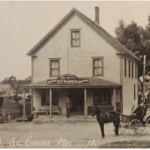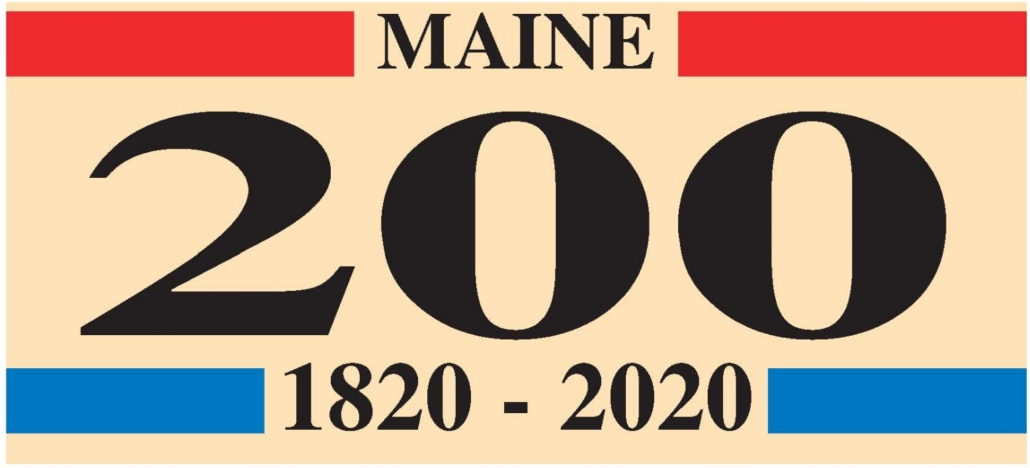China assessors decline property assessment appeal
 by Mary Grow
by Mary Grow
The three members of China’s Board of Assessment Review, meeting Feb. 24, unanimously denied William and Susan Flanders’ appeal of their property valuation, with alternate member Dwaine Drummond (who votes only if a regular member is absent) indicating that he agreed.
The Flanders own a seasonal dwelling (in assessor William Van Tuinen’s words) or a camp (in the Flanders’ description) at 313 61st Fire Road, on the southwest side of China Lake. Van Tuinen valued it at $188,400. The Flanders asked for an assessment of $170,000, a difference of $18, 400, or 9.77 percent by Van Tuinen’s calculation.
Van Tuinen explained at the meeting and in documents sent to board members in advance that there are two requirements to get a valuation lowered, according to state law and court rulings.
1) The burden of proof is on the taxpayer, who must demonstrate that the assessor was “manifestly wrong” in setting the valuation and must provide proof of a “just” valuation. “Manifestly wrong” means unreasonable or irrational; discriminatory; or fraudulent, dishonest or illegal.
2) Because assessors are fallible human beings, the law provides that an assessment must be “accurate within reasonable limits of practicality.” Specifically, the law allows 10 percent leeway.
The Flanders initially asked selectmen, in their capacity as assessors, to reduce the assessment. After selectmen denied the request on Dec. 7, 2020, they filed an appeal to the Board of Assessment Review on Jan. 12, 2021.
Their appeal included comparisons with other China Lake properties. Van Tuinen explained how an assessor makes comparisons, a more thorough analysis than the Flanders made, in his view.
The property owners also disagreed with Van Tuinen’s finding that the building is in satisfactory condition; on a rating scale from A to D, he gave it a C. Van Tuinen said he had not been inside.
The assessed value is supposed to correlate with the sales price. Van Tuinen said by 2019 figures, China’s average was 92 percent, well above Maine’s acceptable minimum of 80 percent.
Board member Harold Charles, a retired realtor, pointed out that since 2019, prices of Maine real estate have risen. Kelly Grotton, China’s assistant to the assessor, agreed, and after the meeting gave examples of China properties that were recently sold for well over their assessed values.
Discussion ended with board members agreeing unanimously that the assessment was not too low and that even if it were, the requested change was within the 10 percent limit.
Van Tuinen reminded board members they needed to inform the Flanders of the decision and of their right to appeal to Superior Court within 30 days.
Responsible journalism is hard work!
It is also expensive!
If you enjoy reading The Town Line and the good news we bring you each week, would you consider a donation to help us continue the work we’re doing?
The Town Line is a 501(c)(3) nonprofit private foundation, and all donations are tax deductible under the Internal Revenue Service code.
To help, please visit our online donation page or mail a check payable to The Town Line, PO Box 89, South China, ME 04358. Your contribution is appreciated!





Leave a Reply
Want to join the discussion?Feel free to contribute!